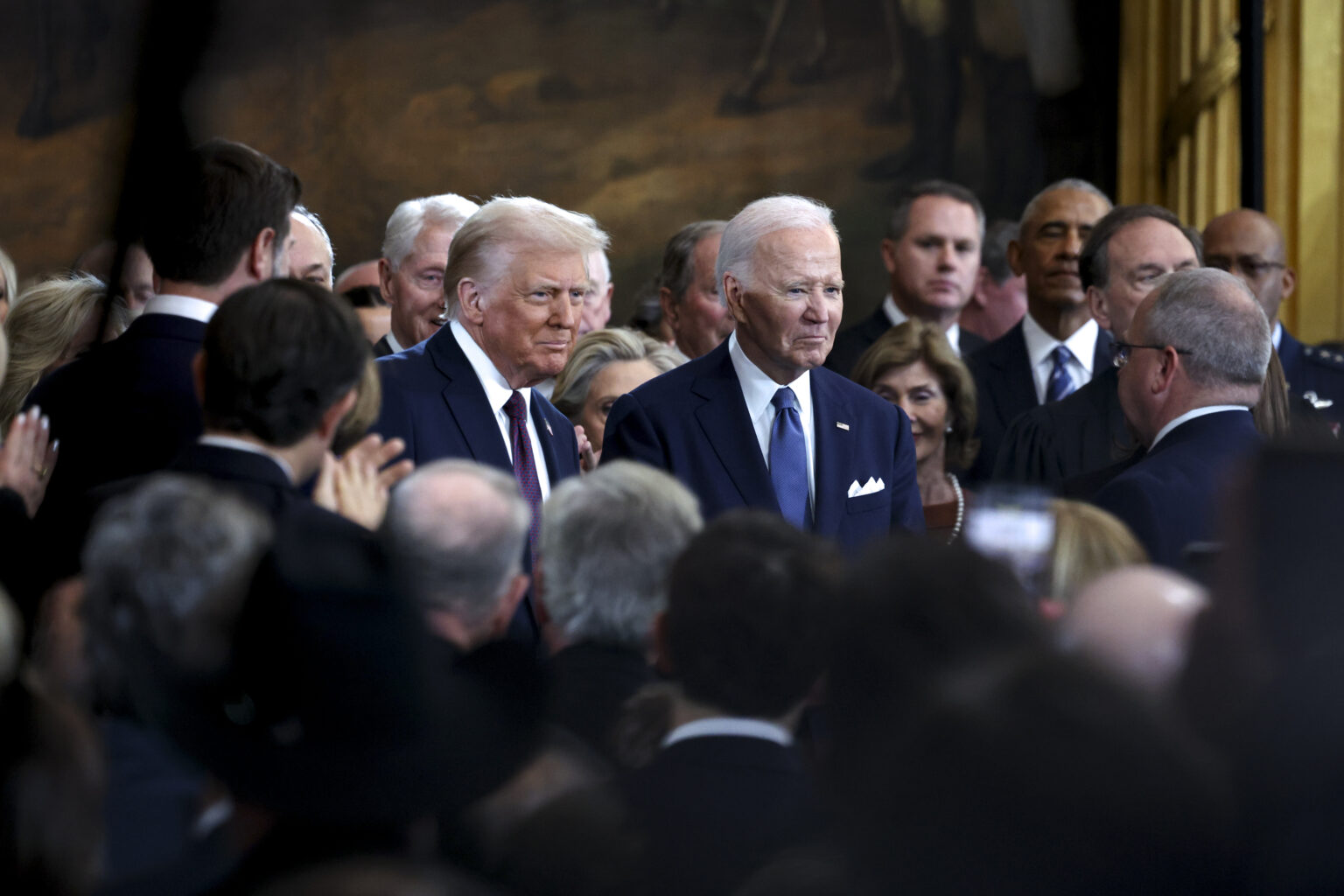President Trump Initiates Investigation into President Biden’s Cognitive Fitness and Executive Authority
In a move unprecedented in recent American political history, President Donald Trump issued a directive on Wednesday to launch a comprehensive inquiry into whether President Joe Biden concealed signs of cognitive decline during his tenure in the White House, potentially impairing his capacity to make critical presidential decisions. This investigation could, in theory, challenge the legitimacy of thousands of Biden’s executive actions, pardons, and policy directives.
Scrutiny Over the Use of Autopen and Presidential Signatures
A central focus of Trump’s investigation revolves around Biden’s employment of the autopen-a device that replicates a human signature using real ink-to sign official documents. Critics question whether this practice was legitimate or if aides exploited it to mask signs of cognitive impairment, thereby avoiding the need for Biden’s direct involvement in signing key documents.
Historically, autopens have been a common tool for presidents to sign executive orders, especially during periods of high volume or travel constraints. Trump himself has acknowledged using an autopen for routine correspondence. However, his recent allegations suggest that Biden’s use of the device might have been a cover-up for diminished mental capacity, a claim that conflicts with longstanding legal standards. The Justice Department’s Office of Legal Counsel clarified in 2005 that a president’s signature need not be personally affixed for an executive order to be valid, provided it bears the president’s authentic signature or authorized mark.
Focus on Presidential Pardons and Final Days of Biden’s Term
Trump’s executive order specifically targets Biden’s controversial pardons issued in the closing days of his presidency. Notably, Biden commuted the sentences of 37 out of 40 individuals on federal death row, though those individuals remain incarcerated under life sentences. Trump contends that these pardons, along with other executive actions, may have been influenced by a hidden cognitive decline, facilitated through the use of an autopen to obscure Biden’s true mental state.
In his statement, Trump accused Biden’s aides of abusing presidential powers by using the autopen to conceal signs of cognitive deterioration and to assert executive authority unlawfully. He described this alleged conspiracy as one of the most alarming scandals in American history, claiming it kept the public in the dark about who was truly wielding executive power and led to radical policy shifts.
Political and Media Context
The investigation is partly fueled by ongoing political narratives that question Biden’s mental acuity. Trump and his allies have amplified concerns by referencing recent media reports, including the book “American Sin” by CNN’s Jake Tapper and Axios’s Alex Thompson, which details efforts by White House staff to downplay Biden’s age and mental health issues.
Biden, who was diagnosed with metastatic prostate cancer during his presidency, experienced noticeable declines in stamina and clarity, especially during the 2024 campaign. His performance in a debate last June, which was marked by stumbling and incoherence, prompted speculation about his cognitive health. Nonetheless, Biden and his team firmly deny any claims of incapacity, with Biden asserting, “I made the decisions during my presidency. I authorized the pardons, executive orders, and legislation. Any suggestion otherwise is false and unfounded.”
Broader Political Implications and Past Investigations
Trump’s accusations extend beyond cognitive health, suggesting that Biden’s aides effectively managed the presidency, with Biden himself being less involved in decision-making. The executive order references a 2024 report by then-special counsel Robert K. Hur, who investigated Biden’s handling of classified documents. Hur concluded that charges were unnecessary partly because Biden’s age and memory issues could evoke sympathy from a jury.
Some Republican lawmakers have called for former Biden aides and possibly First Lady Jill Biden to testify before Congress regarding Biden’s mental state. Trump has even floated the idea of questioning Jill Biden, acknowledging the emotional difficulty such a move might entail but emphasizing the importance of transparency.
Historical Use of Executive Orders and Investigative Precedents
Since taking office, Biden has signed over 1,200 presidential documents, appointed 235 federal judges, and issued more pardons and commutations than any previous administration. Trump’s executive order does not specify the legal framework or scope of the investigation, nor does it clarify how it might challenge or undermine Biden’s prior executive actions.
This move aligns with Trump’s pattern of directing investigations into various political opponents and institutions. Previously, he instructed the Justice Department to probe fundraising platforms like ActBlue, the Democratic Party’s primary online fundraising tool, and to scrutinize officials who challenged him during his presidency, such as former Cybersecurity and Infrastructure Security Agency (CISA) Director Chris Krebs and Homeland Security official Miles Taylor. Trump also ordered reviews into what he termed the “weaponization” of the Justice Department against conservatives during Biden’s administration.
Conclusion: A Politically Charged Inquiry
While the investigation’s legal parameters remain unclear, its political implications are significant. Critics argue that it represents an attempt to undermine Biden’s legitimacy and distract from ongoing issues facing the administration. Supporters, however, see it as a necessary step to ensure transparency and accountability at the highest levels of government. As the inquiry unfolds, it will undoubtedly influence the broader narrative surrounding presidential health, executive authority, and the integrity of American democracy.

